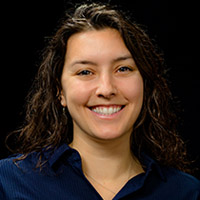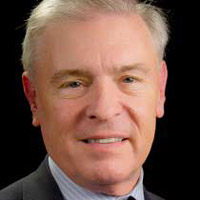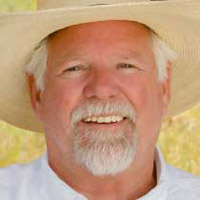Will Taxing the Wealthy Really Fix Income Inequality?

If you pay attention to any political programs or follow any news about the economy and taxes, then you no doubt have heard plenty of debate regarding income inequality. The fact is there is a lot of income inequality in the country. Whether you side with the haves or the have-nots, the fact remains that those on each side of the argument feel they have the right answers.
According to democratic philosophy, the argument goes that if you want to fix income inequality then you have to raise taxes on the wealthy and give more of that money to the poor or middle-class. It might sound like a good plan on the surface, however, a new report shows that in reality, if you really want to close the income gap between the wealthy and lower income classes, then policy changes are much more effective.
That’s right. According to a study just recently released by the Competitive Enterprise Institute, the difference between the economic brackets among the top and bottom levels is not as important as the living standard of those in the lowest economic levels. The study also noted that raising the minimum wage would end up having a negative effect because it would help drive the unemployment rate even higher.
According to one of the study’s co-authors, Ryan Young, giving people access to economic and job opportunities that will boost their standard of living is more important than focusing on the income gap. Young also said: ““Policy reforms that help poor people include access to affordable energy, access to capital for entrepreneurs, ending occupational licensing restrictions, an honest price system, and overhauling a range of regulatory barriers.”
http://dailycaller.com/2016/05/25/report-taxing-the-rich-wont-fix-income-inequality/
Why Startups Need Legal Counsel | Jackie Ammon
About Jackie Ammon Jackie Ammon is a senior associate who focuses her practice on corporate matters at WilmerHale. Prior to joining WilmerHale, Ms. Ammon was a judicial extern for the Honorable Frederick F. Mumm of the US District Court for the Central District of California. In that role, she wrote Report and Recommendation for…
The 10 Laws of Trust | Joel Peterson
About Joel Peterson Joel Peterson is Chairman of JetBlue and a consulting Professor at the Stanford Graduate School of Business. Together along with David Kaplan he authored The 10 Laws of Trust, a business leadership book about building high-trust organizations. Mr. Peterson is the former managing partner of Trammel Crow, one of the top leading…
LuLaRoe – Disrupting The Retail Market | Mark Stidham
Transcript of LuLaRoe – Disrupting The Retail Market | Mark Stidham: Alan Olsen: Mark Stidham is the CEO of LuLaRoe, a direct to consumer clothing company that he and his wife DeAnne started in 2013. Since it’s inception it has been transforming the fashion. Mark Stidham: I grew up with my Dad being a…
Udacity-Democratizing Education | Sebastian Thrun
About Sebastian Thrun Founder of Udacity Sebastian Thrun is a scientist, educator, inventor, and entrepreneur. He is the founder, chairman, and president of Udacity, whose mission is to democratize education. Udacity focuses on affordable, lifelong learning to give people the needed skills to get a new job or advance their career. Today, the company has…




